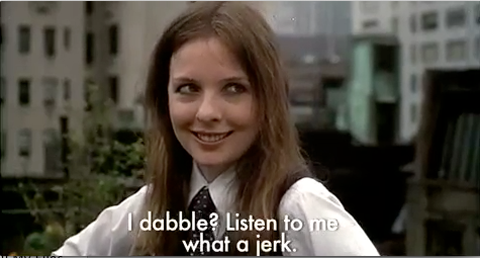 Whether you are a business owner, a professional manager, an advisor – or anyone who is engaged in an enterprise for an extended time – how do you know when it is time to go?
Whether you are a business owner, a professional manager, an advisor – or anyone who is engaged in an enterprise for an extended time – how do you know when it is time to go?
“Nothing is forever”, the old saying goes, and yet sometimes, perhaps even frequently, we stay too long. We watch professional athletes stay past their prime; and we participate in the debate about term limits for our congress; and yet, when it comes to our own engagements, how often do we look inward and debate our own need for term limits?
When I was negotiating my exit from the corporate world 15+ years ago, I remember a conversation I had with a friend. My friend asked me what I was going to do if I didn’t get the deal I wanted. My answer was, “I guess I will stay one more year”. Her response, “How many more years are you going to say, one more year?” It was in that moment I realized, it was time for me to go, regardless of the outcome of the negotiation. And… because I had made my decision to exit, I of course, handled the negotiation more effectively.
While this topic comes up every now and then with executives and business owners I coach, it surfaces mostly in a time of frustration. I wonder if instead it might serve us to ask ourselves this question as part of our annual strategic planning. What if, as part of strategic planning, every business owner or executive answered the following 5 questions:
- What did I give to the business, other than my time, this past year?
- What did I get, other than $$, from my engagement in the business?
- How do my answers to #1 and #2 compare to previous years?
- If my give/get has declined, what do I need to do to change this and do I have the passion and skill set to do it?
- If I didn’t lead or own this business, what would I be doing instead?
My noticing is, that if we have asked these questions in the past and have stopped asking them, we may already know that it is time to go…



















 The initial results of my Pivot are excellent. I feel I have much greater clarity regarding the next 3-5 years..
The initial results of my Pivot are excellent. I feel I have much greater clarity regarding the next 3-5 years..  John Yerger
John Yerger